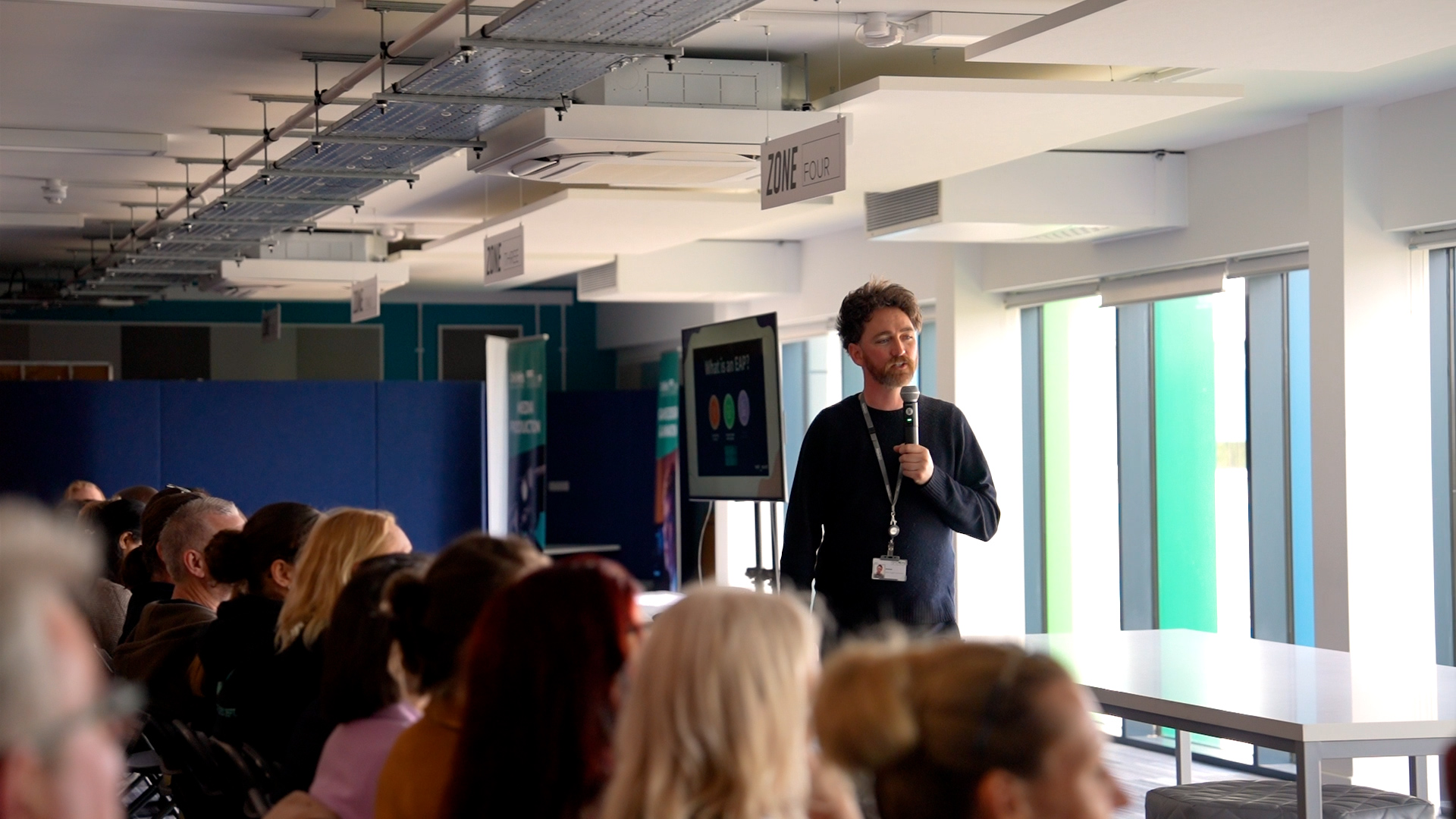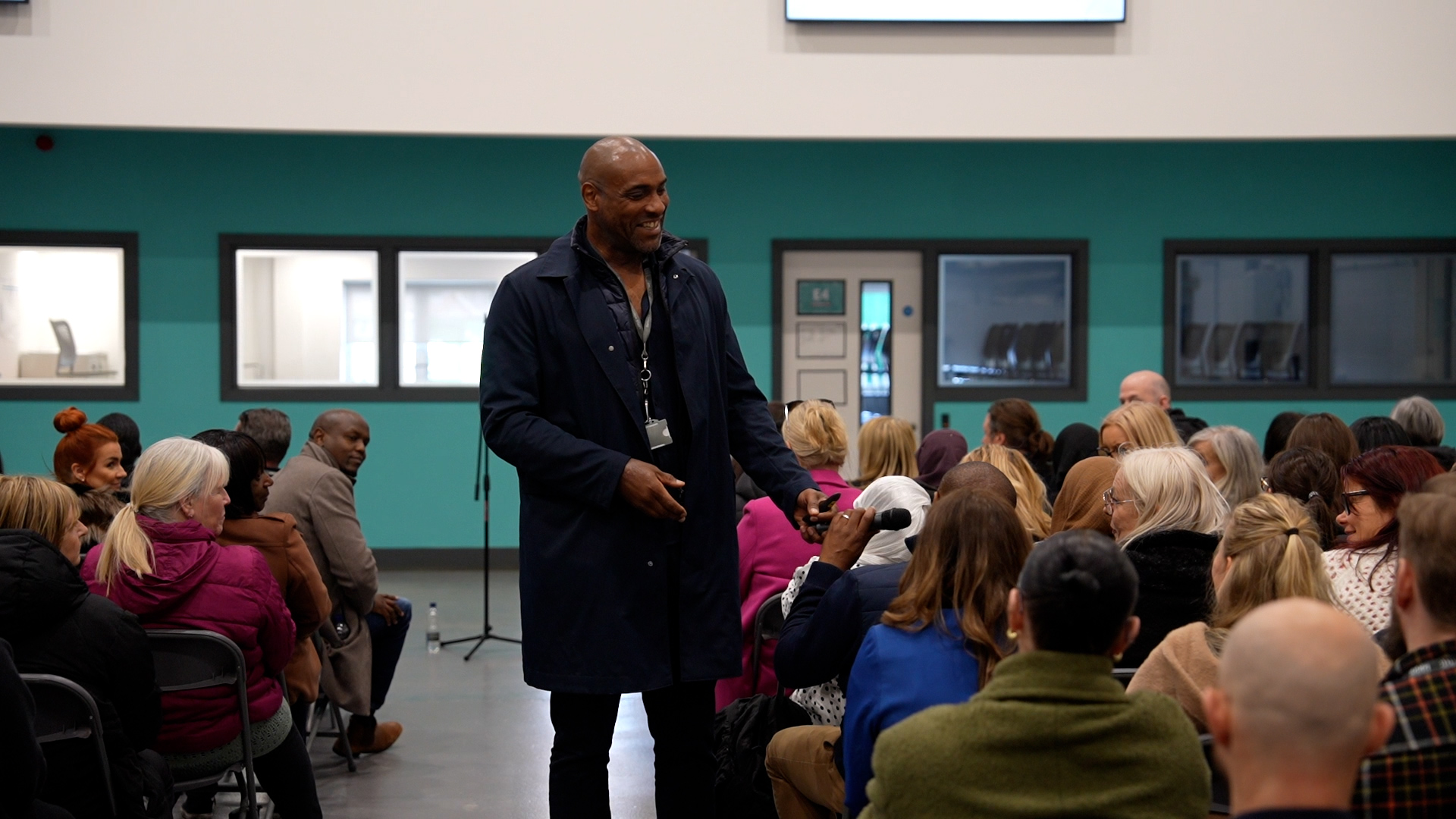Welcome to BDC's
Health and Wellbeing Programme
Programme Aim
Our Health & Wellbeing programme is all about giving our staff the time and space to focus on their own health. We aim to provide useful tools, tips, and information to help everyone stay fit, keep a clear mind, grow personally, and feel part of a supportive work community.
- All units of the qualitfication will be delivered through presentations, workshops and seminars. The activities will vary from session to session. Below you will find all units for the qualification along with learning materials and assessments.
Programme Topics & Assessments
It is important that you complete all online assessments in a timely manner using the links in each section below.
Click on a topic below to expand and access assessment and further reading:
Understanding the Importance of Sleep
Sleep, often overlooked in our fast-paced lives, is a critical component of overall health and wellbeing. Dr. Matthew Walker, a leading sleep scientist, reveals through compelling research that 7 to 9 hours of sleep each night is not a luxury—it's a necessity. Adequate sleep enhances memory, mood, and metabolic health, and reduces the risk of chronic diseases. By understanding the transformative power of sleep, we can unlock a host of benefits that improve our daily lives and long-term health. Let's delve into why prioritising sleep is one of the best investments you can make in yourself.

Andy Duffy delivering the Understanding the Importance of Sleep presentation on the 15th April, inspired by Dr. Matthew Walker.
Stress and Stress Management
Stress management is essential for managing stress in personal and professional life through techniques that reduce chronic stress and improve daily functioning. Effective strategies enhance coping abilities, lower health risks, and boost life quality. Key practices include mindfulness, exercise, nutrition, and time management to promote resilience and a balanced lifestyle.

Errol Seaman delivering the Stress Management presentation on the 15th April.
Body Image and the Media
Body image is significantly influenced by media portrayals, which often promote unattainable beauty standards. This exposure can lead to body dissatisfaction and mental health issues like eating disorders. By challenging these unrealistic ideals and embracing diverse representations of beauty, we can foster a healthier body image and improve mental wellbeing.

Michelle Coleman & staff panel delivering the Body Image presentation on the 23rd May.
Social Media and Mental Wellbeing
Social media affects mental wellbeing, linking excessive use to anxiety, depression, and loneliness. It can distort perceptions and impact self-esteem through relentless comparisons. However, used responsibly, it can enhance connections and support mental health. Balancing online interactions with real-world relationships is key to maintaining mental wellbeing.

Jack Edwards session of the Body Image presentation on the 23rd May.
Healthy Eating and Living
This unit promotes well-being through diverse activities. Mindful art reduces stress, yoga and meditation foster relaxation, and team-building strengthens community bonds. Physical activities like table tennis and dance boost fitness and joy. Cooking classes, focusing on Bento Boxes, emphasize balanced nutrition. Together, these activities support a holistic approach to health.

Session of the cooking class making Bento Boxes on the 6th June.
Bento Box Recipe Card
Developing Assertive Behaviour
This unit focuses on mastering assertive communication. Through activities designed to build confidence and enhance listening skills, participants learn to express thoughts and feelings clearly and respectfully. Emphasising a balance between assertiveness and empathy, the unit fosters healthier and more productive interactions.

Mark Hyde and Sarah Pagram's session on Assertive Behaviour on the 10th June.